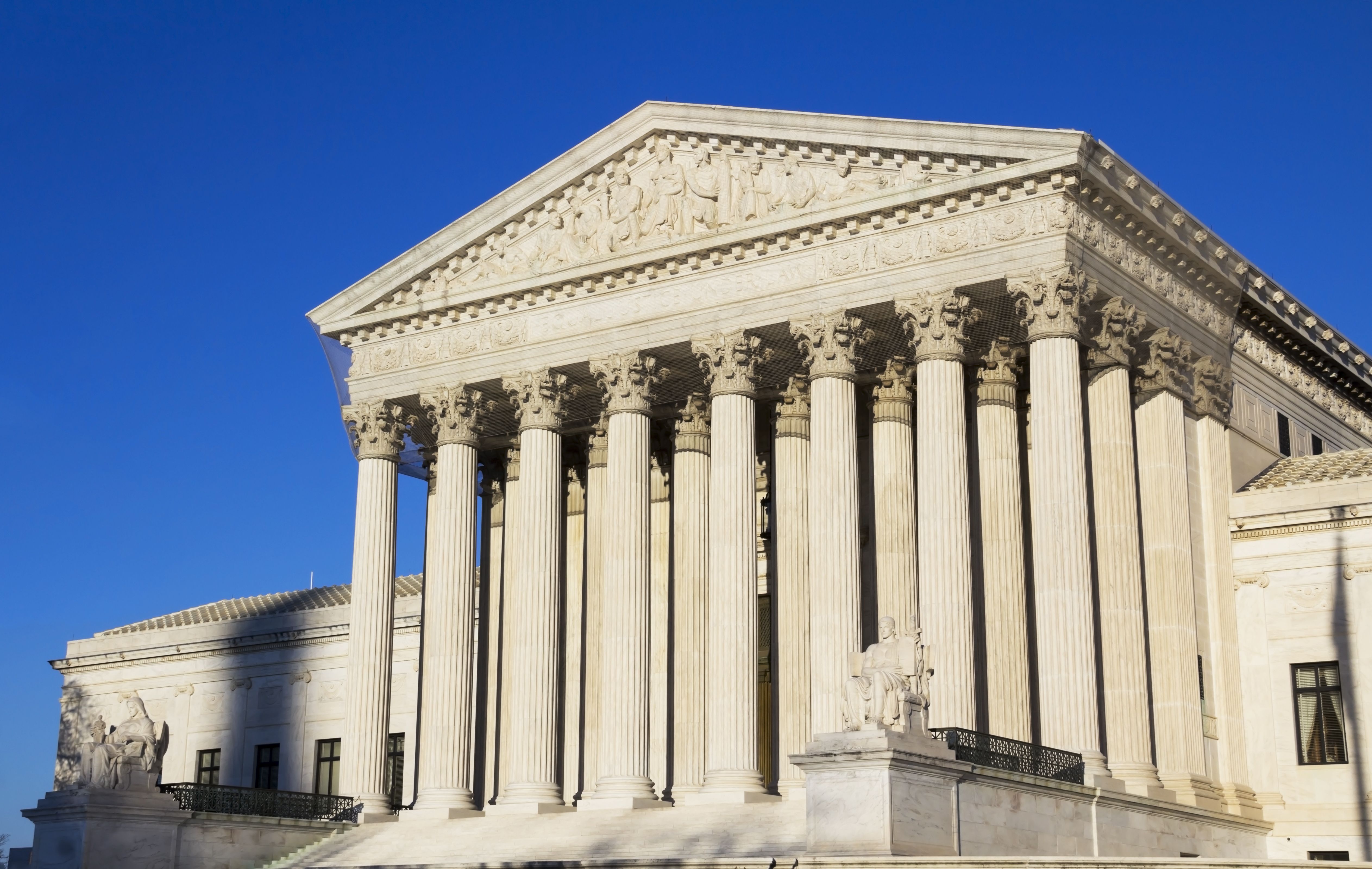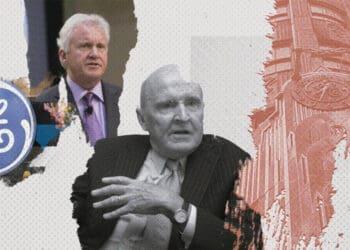This article was republished with permission from Tom Fox’s FCPA Compliance and Ethics Blog.
In Part 1 of my review of the 11th Circuit Court of Appeals decision in the Esquenazi case, I reviewed the Court of Appeals opinion. Today, in Part 2, I want to drill down further and examine the test developed by the Court of Appeals to use in determining whether an entity is an instrumentality under the Foreign Corrupt Practices Act (FCPA) and compare it with the two prior formulations developed by District Courts in the Carson and Lindsey cases. The chart below consolidates the factors raised by the courts.
| Key Inquiry | Lindsey | Carson | Esquenazi |
|
Entity provides services to citizens, in many cases all in country | Foreign states’ characterization of the entity and its employees | Function Test – Does the entity provide services to the public at large in the foreign Country? Control Test – the foreign government’s formal designation of the entity. |
|
Are key officers/ directors government employees or appointed by government employees? | Foreign state’s control over the entity | Control Test – the government’s ability to hire and fire the entity’s principals. |
|
Is the entity financed, or in large measure financed, by government appropriations or through government mandates? | The foreign state’s extent of ownership of the entity, including the level of financial support by the state | Function Test – Does the foreign government subsidize the costs associated with the entity providing the services? Control Test – the extent to which the government funds the entity if it fails to break even. |
|
Is the entity vested with or does it exercise exclusive/controlling power to administer its designated functions? | The entity’s obligations and privileges under country’s laws, including whether it exercises exclusive/ controlling power to administer its designated functions | |
|
Is the entity widely perceived and understood to be providing official functions? | Purpose of the entity’s activities | Function Test – Does the foreign government generally perceive the entity to be performing a governmental function? Control Test – Whether the foreign government has an interest in the entity |
|
Circumstances around the entity’s creation | ||
|
Control Test – the length of time the indicia have existed. | ||
|
Function Test – Does the entity have a monopoly over the function it exists to carry out? |
The Esquenazi decision separates the analysis into two basic questions (a) does a foreign government control an entity and (b) does the entity perform a function the foreign government treats as its own? The Court of Appeals then breaks the analysis of these two questions into a series of inquiries. The prior District Court opinions in Lindsey and Carson did not have such an initial dichotomy; nevertheless the 11th Circuit’s analysis has clear overlap with the prior District Court formulations. (Please note that I have not discussed the district court formulation at the Esquenazi trial level as that analysis has been superseded by the Court of Appeals decision.) Between the Lindsey, Carson and Esquenazi factors, we see the following:
Identical – Does the government appoint the officers/directors and is the entity understood to be owned by or an agency of the government in the home country? In Lindsey and Esquenazi (control prong), the courts agree on Inquiry 2 above, the “Hiring and Firing” inquiry, while Carson says the inquiry is simply over foreign government control of the entity. Inquiry 5 in both Lindsey and Esquenazi (control and function prongs) is the “Perception” inquiry, while the Carson court denominates this inquiry as the “Purpose” inquiry. Finally, in Inquiry 3, all Courts consider the financial support provided to the entity by the foreign government, with the Esquenazi Court (control and function prongs) adding the analysis around the “Extent of obligations and privileges under its country’s laws.”
Similar – Inquiry 1 – Are the services provided by the entity available to all citizens of the home country? and Inquiry 4 – Does it exercise exclusive/controlling power to administer its designated functions and the extent of obligations and privileges under its country’s laws? In Lindsey and Carson, the similar factors are in Inquiry 1, the characterization of the services provided. The Esquenazi opinion has this Inquiry 1 in both the function and control prong analysis. Under the function prong analysis, it asks “Does the entity provide services to the public at large in the foreign country?” and under the control test, it inquires what the foreign government’s formal designation of the entity is. In Inquiry 4, both the Lindsey and Carson Court said that a foreign government’s control over the administrative functions of the entity was a key inquiry, but interestingly, this factor was not present in the Esquenazi analysis, under the analysis of either the control or function prong. In Inquiry 6, the Carson Court looked into the creation of the entity and the Esquenazi opinion (control prong) inquired about the foreign government’s designation of the entity.
Standalones – Interestingly, Esquenazi has two factors for analysis not found in either of the District Court opinions. The first, Inquiry 7, is from the control prong and asks about the length of time the various factors listed have existed. The second, Inquiry 8, is from the function prong and asks whether the entity has a monopoly in the foreign country. Carson also has a standalone inquiry, which is found at Inquiry 6 and inquires into the facts and circumstances surrounding the creation of the entity. While I believe this could well be the last factor in your analysis, it can be one easily ascertained. Most government entities will disclose how they were formed; this information can be found on their website or within their company history. If you cannot determine how a business was formed, perhaps you need to think hard about doing business with them.
Comparison of Approaches
At first blush, it may appear that the Esquenazi court took a slightly different approach by dividing the two initial prongs of inquiry into “control” and “function.” If one examines the individual Esquenazi factors in detail, they are not significantly different from Lindsey and Carson, with the exception noted above of the two standalone inquiries. One clear factor that Esquenazi has in common with Lindsey and Carson is the factor of the entity’s obligations and privileges under its country’s laws, including whether it exercises exclusive/controlling power to administer its designated functions. Carson combines two of the Esquenazi factors: the extent of government ownership and financial support by the foreign government. While Carson does not speak to financial ownership, it does have the factor of government financing and government appointment of officers and directors. Carson speaks to the entity’s purpose while Lindsey and Esquenazi list the factor of providing services to the country’s citizens. Indeed, the only factor included in Carson and not found in Lindsey and Esquenazi is the following: the circumstances around the entity’s creation. It is incumbent to note that both the Lindsey and Carson Court opinions and the Esquenazi 11th Circuit opinion all have language that indicates these factors are not exclusive, and no single factor will determine whether an entity is an instrumentality of a foreign government.
What to make of the two standalones found in Esquenazi (those being lengthy of time the entity has existed (function prong) and whether the entity has monopoly power (control prong))? I would have to opine that these are the two least important factors listed. I say this because if there are clear indicia that an entity is controlled by, financed in whole or in part by a foreign government or perceived to be run by a foreign government, with the entity providing services to the citizens of the foreign country, it really does not matter when if it was created yesterday or 50 years ago. It will be considered as an instrumentality under the FCPA. Similarly, even if there is no monopoly present, if these other factors are present, it will still be considered an instrumentality under the FCPA.
Lessons Learned
With all this information in mind, what inferences can a compliance practitioner for guidance draw on to determine whether a business is an instrumentality under the FCPA? Reviewing the foregoing, the factors can be distilled down to a manageable list, which I believe is as follows:
- Ownership/Financial Control – There is no percentage amount listed, but the inclusion of financial control would clearly indicate that anything over 50 percent would be a significant factor.
- Actual Control – This is key in all three Court decisions. In Lindsey and Esquenazi, it is characterized as the government’s right to appoint key officers and directors. In Carson, it is called government control. But this means that if actual control is exercised by the government in question, it may trump the 50 percent guidance stated above.
- Privileges and Obligations – These are also mentioned in all three. Does the entity have the right to control its own functions?
- Financing – Is the entity a for-profit entity, financed through its own revenues, or does it depend on financing by its government?
- Perception is Reality – Andre Agassi’s immortal words appear again. If it is widely perceived to be providing an official function, then it is an instrumentality under the FCPA.
The Esquenazi Court of Appeals decision is a very welcome addition to the dearth of case law interpretation of the FCPA. The 11th Circuit has seemingly put to rest the question of whether an instrumentality means only a government agency or something else. Clearly it means something else. The Esquenazi decision also provides significant guidance on what type of inquiry a company should use to determine if an entity is a part of a foreign government and, therefore, subject to FCPA scrutiny. Whatever specific facts or indicia that you are looking at, it now boils down to (1) does a foreign government control the entity? and (2) does the entity function as part of the part of the foreign government?
This publication contains general information only and is based on the experiences and research of the author. The author is not, by means of this publication, rendering business advice, legal advice or other professional advice or services. This publication is not a substitute for such legal advice or services, nor should it be used as a basis for any decision or action that may affect your business. Before making any decision or taking any action that may affect your business, you should consult a qualified legal advisor. The author, his affiliates and related entities shall not be responsible for any loss sustained by any person or entity that relies on this publication. The author gives his permission to link, post, distribute or reference this article for any lawful purpose, provided attribution is made to the author. The author can be reached at tfox@tfoxlaw.com.



 Thomas Fox has practiced law in Houston for 25 years. He is now assisting companies with FCPA compliance, risk management and international transactions.
He was most recently the General Counsel at Drilling Controls, Inc., a worldwide oilfield manufacturing and service company. He was previously Division Counsel with Halliburton Energy Services, Inc. where he supported Halliburton’s software division and its downhole division, which included the logging, directional drilling and drill bit business units.
Tom attended undergraduate school at the University of Texas, graduate school at Michigan State University and law school at the University of Michigan.
Tom writes and speaks nationally and internationally on a wide variety of topics, ranging from FCPA compliance, indemnities and other forms of risk management for a worldwide energy practice, tax issues faced by multi-national US companies, insurance coverage issues and protection of trade secrets.
Thomas Fox can be contacted via email at tfox@tfoxlaw.com or through his website
Thomas Fox has practiced law in Houston for 25 years. He is now assisting companies with FCPA compliance, risk management and international transactions.
He was most recently the General Counsel at Drilling Controls, Inc., a worldwide oilfield manufacturing and service company. He was previously Division Counsel with Halliburton Energy Services, Inc. where he supported Halliburton’s software division and its downhole division, which included the logging, directional drilling and drill bit business units.
Tom attended undergraduate school at the University of Texas, graduate school at Michigan State University and law school at the University of Michigan.
Tom writes and speaks nationally and internationally on a wide variety of topics, ranging from FCPA compliance, indemnities and other forms of risk management for a worldwide energy practice, tax issues faced by multi-national US companies, insurance coverage issues and protection of trade secrets.
Thomas Fox can be contacted via email at tfox@tfoxlaw.com or through his website 








